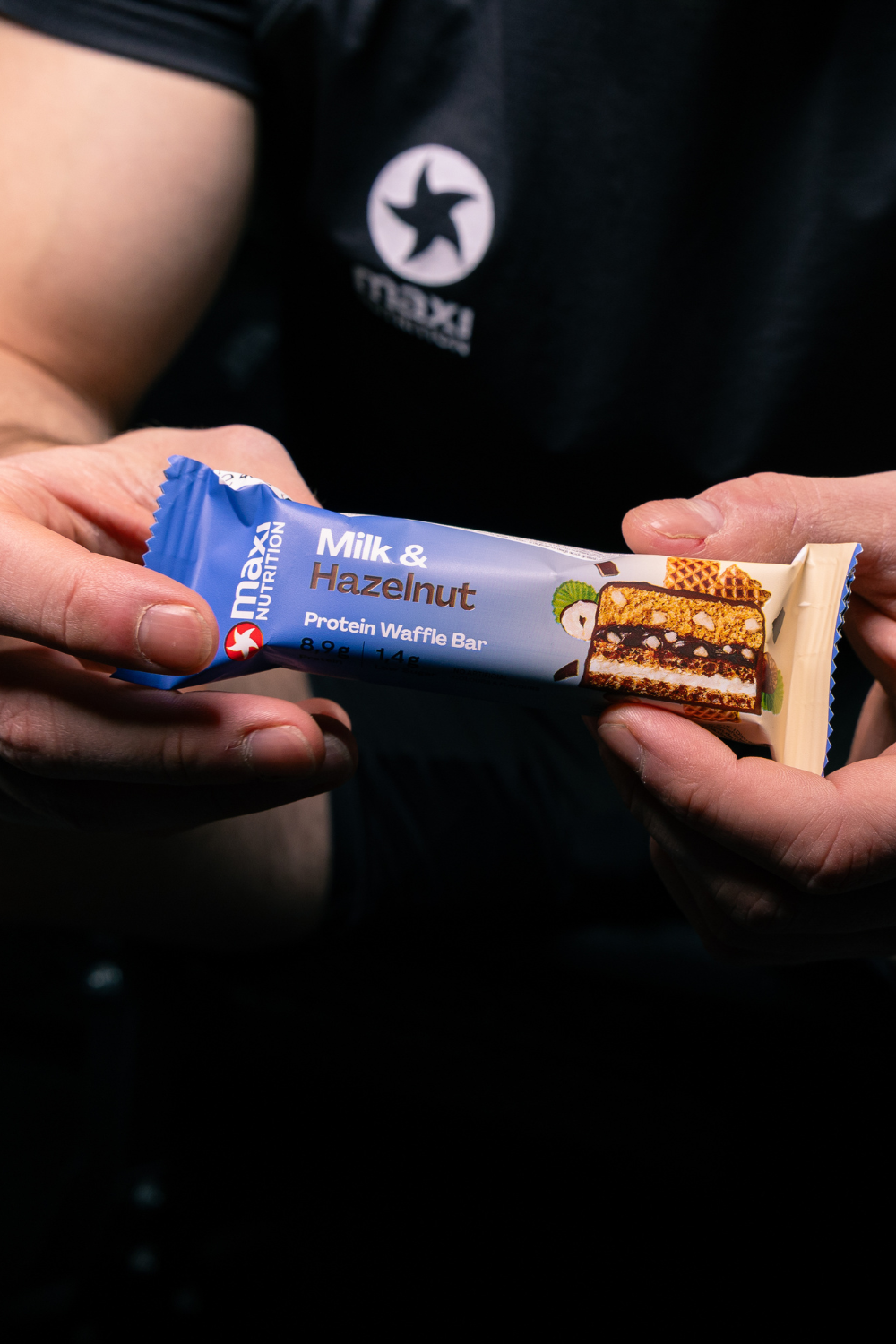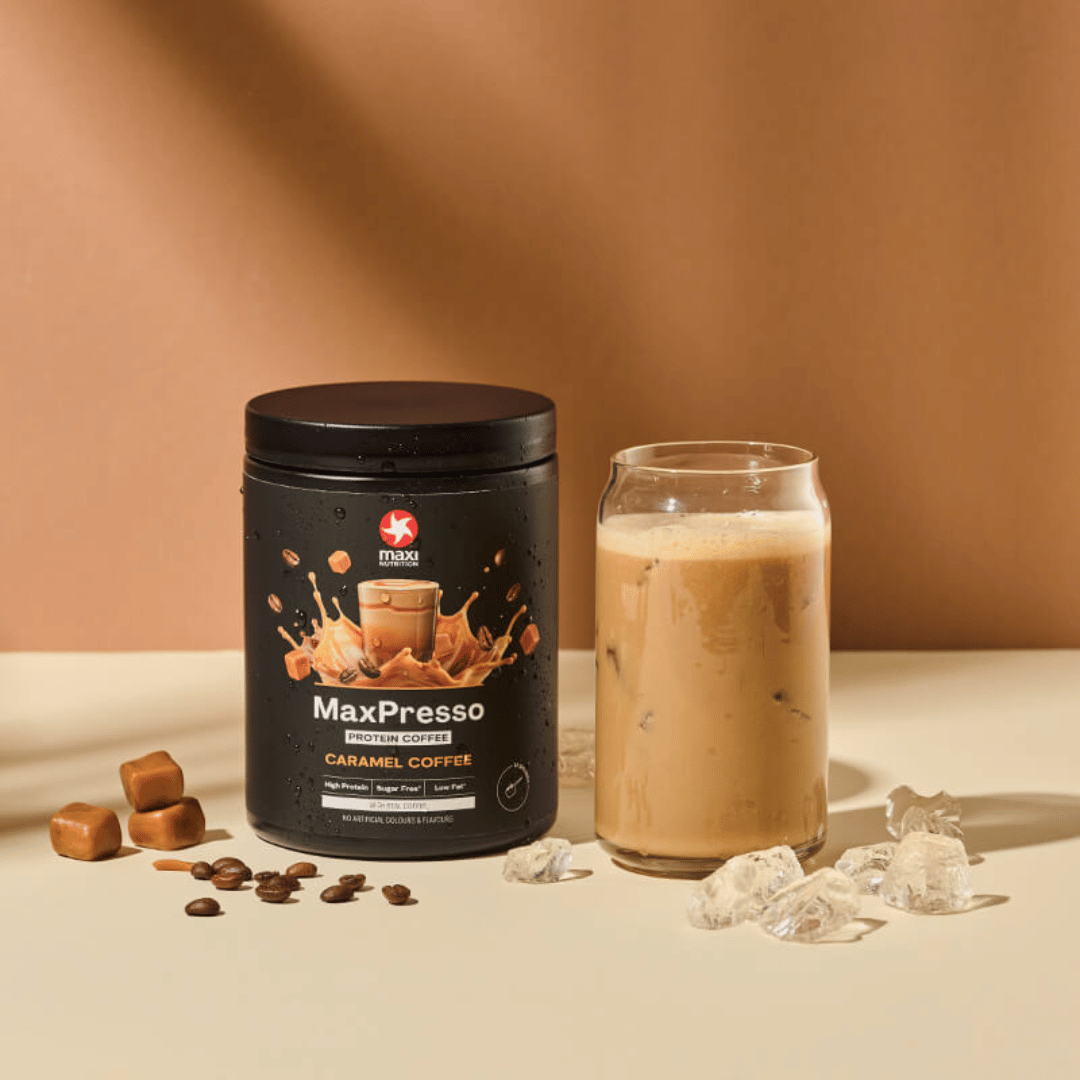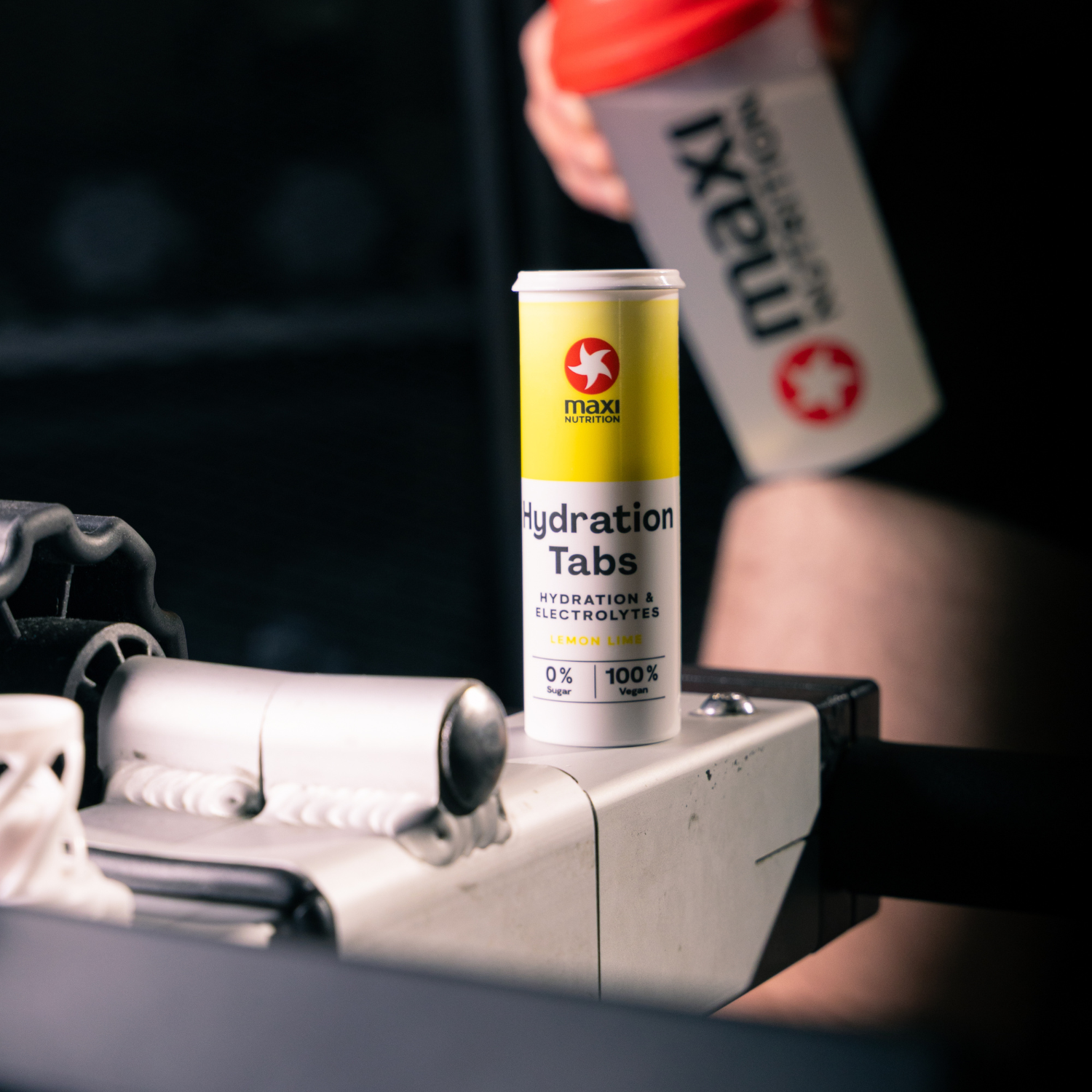What Is Protein?
Protein is an essential nutrient for life, responsible for numerous functions including supporting structural tissues (building tissue, cells and muscle).
Proteins are made from a collection of amino acids, up to 20 in total, 8 that are classed as essential, as they are cannot be made within the body and need to be sourced from the diet, and 12 termed as non-essential amino acids. These amino acids can collaborate in a variety of ways, for example their different sizes, structural bonds and their molecular sequence will determine the proteins role and hence the variable functions it has.
How are Muscle & Protein Linked?
Muscle protein accounts for approximately 50% of the total body protein with the majority being used for muscle structure. Muscle growth relies on adequate proteins being available and this is itself reliant on the balance between protein intake and re-synthesis and protein breakdown; something which scientists call protein balance. To further explain, to achieve muscle growth an individual should combine weight training along with a positive protein balance; meaning that protein intake and synthesis is higher than protein breakdown.
During a heavy weights session your muscles are forced into protein breakdown, with the body splitting the amino acids to be oxidised into energy and/or used to synthesise new protein. Following training, to promote muscle growth this exercise induced protein breakdown needs to be turned around to be positive; Ensuring adequate protein is available supports this and therefore this is a great time to consume some protein.As with all things nutrition, as one question is answered, many more arise. You may now see the importance after exercise of protein for muscle building, but you may be now wondering if there is a specific amount or type or protein that provides the best support.
How Much Protein Does It Take To Build Muscle?
Let’s first discuss the amount, from understanding the need of protein you could be forgiven for fall into the trap of thinking that more protein is better, but this just isn’t the case. Protein utilisation is limited by the rate of absorption and the resultant change in protein synthesis. Research studies have identified that irrespective of the goal, the upper limit for protein ingestion for athletes involved in intense training should be 2g per kilogram of body weight.
Above this there is no evidence of further benefit to muscle growth. For an 80 kg individual therefore the upper intake should be 160g protein per day to aid muscle growth.
Which Form Of Protein Is Best?
Protein food sources such as meat, fish, dairy, beans and nuts, are all good sources of protein but due to their amino acid make up, along with other nutrients (carbs, fats etc) contained within, all will have varying digestion rates. The change in amino acid profile is also used to assess the quality of a protein. Food sources such as dairy, meat and fish all contain the ideal balance of the essential amino acids to support protein synthesis.Whey protein, often found within protein powders is part of the dairy family, as it is derived from the cheese making process. The bonus of Whey protein is that not only is it a complete protein, but it can also be ingested in exactly the amount you are looking for, without unnecessary extra fat or calories that you might not want. You can see from the table below it is also a fast digesting protein.
Nutrition Information
| Protein source | Absorption rate (g/h) | Reference |
|---|---|---|
| Egg protein raw | 1.3 | 43 |
| Pea flour | 2.4 | 41 |
| Egg protein cooked | 2.8 | 43 |
| Pea flour: globulins and albumins | 3.4 | 42 |
| Milk protein | 3.5 | 40 |
| Soy protein isolate | 3.9 | 46 |
| Free A A | 4.3 | 39 |
| Casein isolate | 6.1 | 38 |
| Free A A Same profile as casein | 7-7.5 | 39 |
| Whey isolate | 8-10 | 39 |
Bilsborough & Mann, 2006
Putting The Muscle & Protein Into Action!
For an individual wishing to increase muscle size you hopefully can how appreciate that protein is a fundamental ingredient (in combination with the right training programme) for muscle growth.
To achieve the best results aim to spread your protein intake across the day. Recent research suggests that 20g consumed every 3 hours is superior for muscle protein synthesis to smaller more regular feedings of 10g (8 x over the day) or larger feedings twice per day of 40g, so it seems that a moderate intake spread over a moderate amount of sittings is optimum. Areta et al, 2013 (Journal of Physiology)









































